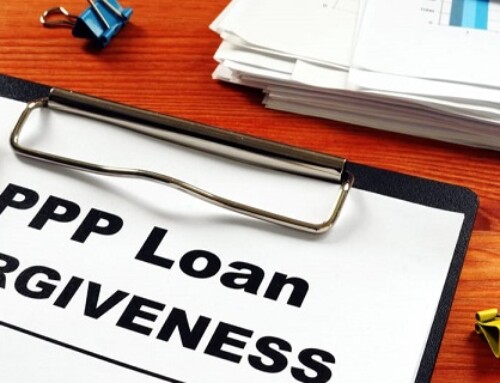Did you know that every U.S. state has an unclaimed property program that actively and continuously finds owners of lost and forgotten assets? In 2015 alone, $3.2535 billion unclaimed properties were returned to their rightful owners as a result of state unclaimed property program efforts. The amount of the average claim was $892. It’s estimated that there is still $41.7 billion waiting to be returned by state unclaimed property programs. Claims can be made into perpetuity in most cases, even by heirs. Could some of that property be yours? What kind of property are we talking about here? In this case, unclaimed property (sometimes referred to as abandoned) refers to accounts in financial institutions and companies that have had no activity generated or contact with the owner for a year or more. Common forms of unclaimed property include savings or checking accounts, stocks, uncashed dividends or payroll checks, refunds, traveler’s checks, trust distributions, unredeemed money orders or gift certificates (in some states), insurance payments or refunds and life insurance policies, annuities, certificates of deposit, customer overpayments, utility security deposits, mineral royalty payments, and contents of safe deposit boxes. Most states hold lost funds until their owners are found, and will return them to their owners at no cost, or for a nominal handling fee upon filing a claim form and verification of your identity.
How can you find out if you have unclaimed property? Companies are required by law to send funds from lost accounts to the state of the owner’s last known address. That means you could potentially have unclaimed property in every state that you have resided. You might want to begin your search on www.MissingMoney.com, a web site officially endorsed by the National Association of Unclaimed Property Administrators (NAUPA) containing the official collective records from most state unclaimed property programs. NAUPA will link you to every state unclaimed property program web site where you can search. Both sites are free. It isn’t necessary to pay money to claim your property. However, you might run into a locator company which finds legitimate lost property for owners and offers to inform them of how to obtain it for a fee, usually a percentage of the total (some states limit the fee to 10 percent). Sometimes, companies will hire these firms to find you before they turn the funds over to the state. Ultimately, the finder will ask you to sign a contract. The majority of firms that provide these services work within the law, but there are also many unclaimed property scams across the United States. Before signing any contract from a firm of this type, we recommend that you contact the unclaimed property office in your state for more information.





